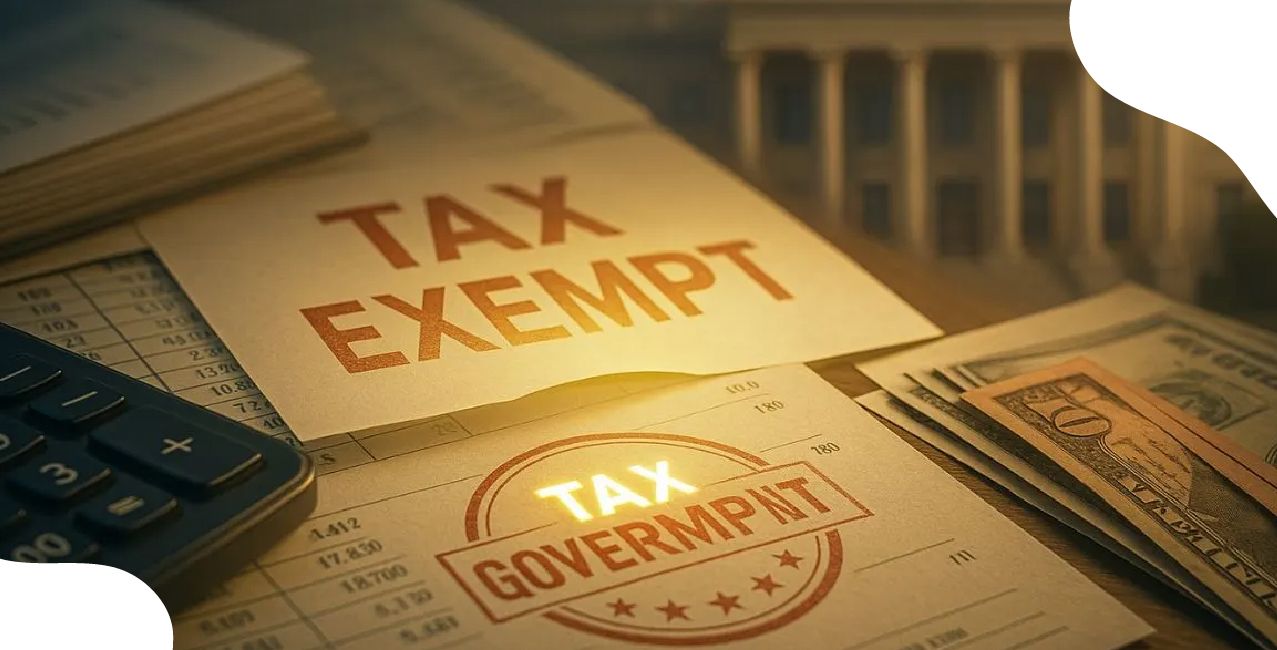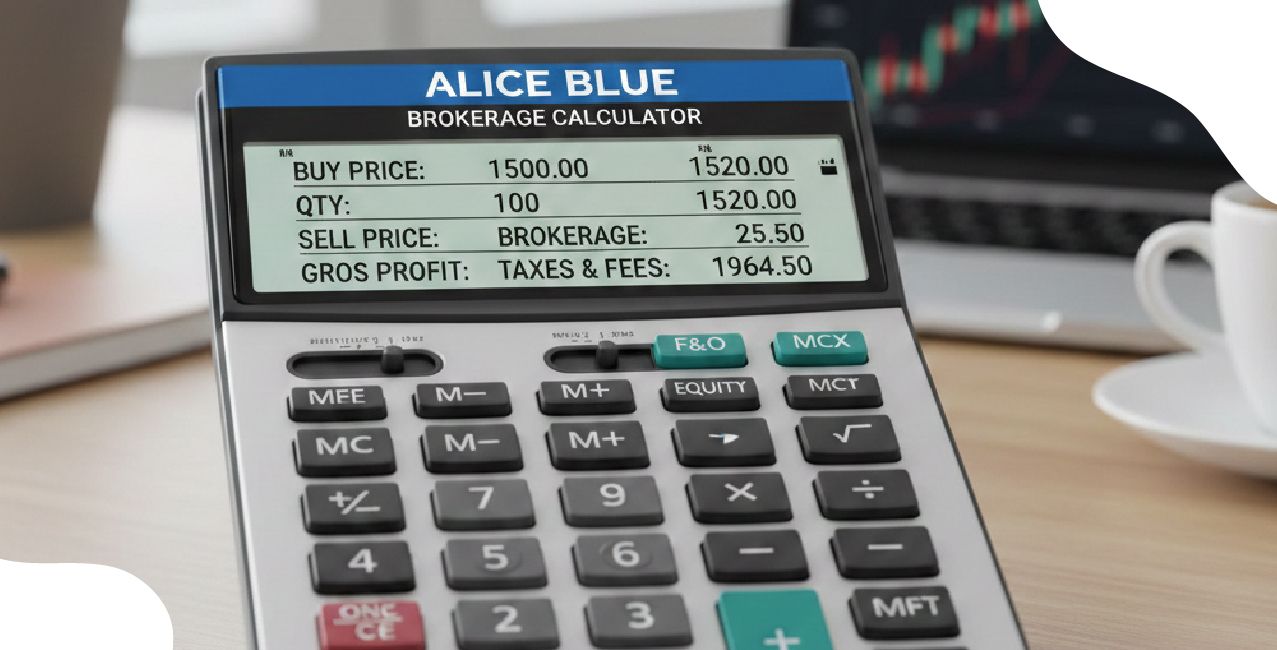Section 194A of Income Tax Act – TDS on Interest Income Explained

Check Your Loan Eligibility Now
By continuing, you agree to LoansJagat's Credit Report Terms of Use, Terms and Conditions, Privacy Policy, and authorize contact via Call, SMS, Email, or WhatsApp
Key takeaways
- Banks and institutions deduct TDS on interest income under Section 194A once the threshold is crossed.
- Senior citizens enjoy a higher exemption limit of ₹50,000 on interest earned.
- Residents can submit Form 15G or 15H to avoid unnecessary TDS deduction.
Section 194A of the Income Tax Act deals with the deduction of tax at source (TDS) on interest income other than interest on securities. In simple terms, it ensures that tax is collected in advance whenever a person earns interest from sources such as fixed deposits, recurring deposits, or loans taken by institutions.
To understand it better, consider the case of Mr Sharma, a retired school teacher. He has placed his savings in a fixed deposit with a nationalised bank. At the end of the year, his interest income crosses ₹50,000. Instead of paying him the full amount, the bank deducts tax at source as per Section 194A before crediting the balance to his account. This way, the government secures tax revenue at the time of payment itself, while Mr Sharma can later adjust it against his final tax liability when filing his return.
In this blog, we will explore the key provisions, limits, exemptions, and practical aspects of Section 194A so that taxpayers can clearly understand how TDS on interest works and how it affects their income.
Importance of Section 194A of the Income Tax Act
In the financial year 2025–26, Mr. Sanjay, a retired LIC agent from Jaipur, earned ₹60,000 as interest from fixed deposits. Since his total income was below the taxable limit, he assumed no tax would be deducted. However, ₹6,000 was deducted as TDS. The bank informed him that, under Section 194A of Income Tax Act, TDS was applied because he hadn’t submitted Form 15H.
Section 194A of Income Tax Act deals with TDS on interest income and ensures tax is collected in advance, especially when people fail to disclose such income while filing returns. This improves tax compliance and reduces evasion.
At the same time, Section 194A of Income Tax Act allows relief. Individuals below 60 can submit Form 15G, and those above 60 can submit Form 15H to avoid TDS if their income is below the exemption limit. Alternatively, one can apply under Section 197 for a lower or nil deduction.
Thus, Section 194A of Income Tax Act helps balance efficient tax collection with protecting the rights of genuine taxpayers.
Objectives of Section 194A of the Income Tax Act
Ms Isha, a 29-year-old accountant in Pune, earned ₹11,000 interest on her fixed deposits in 2025–26. Her income was below the exemption limit, so she submitted Form 15G to her bank. No TDS was deducted, and she received the full interest without needing a refund. This showed the objective of Section 194A of Income Tax Act in action.
The core objectives of Section 194A of Income Tax Act are as follows:
- To collect tax early: Under Section 194A of Income Tax Act, tax on interest income is deducted at source when the income is generated, rather than waiting for the end of the financial year.
- To reduce tax evasion: To prevent tax evasion, TDS is deducted automatically. This enables the Income Tax Department to track interest income even if it is not declared by the taxpayer.
- To bring clarity on threshold limits: Section 194A of Income Tax Act provides clear exemption limits of ₹10,000 for the general public and ₹50,000 for senior citizens (for interest from banks, post offices, etc.).
- To offer exemptions and flexibility: Taxpayers with income below the taxable limit can submit Form 15G (for individuals below 60) or Form 15H (for senior citizens). They may also apply for a lower or nil deduction certificate under Section 197.
Section 194A of Income Tax Act has been designed not only to safeguard government revenue but also to ensure ease and fairness for individuals earning interest income.
TDS Rate Under Section 194A of the Income Tax Act
According to CBDT data, over 1,50,00,00,00,000 was collected as TDS on interest income alone during FY 2023–24. It reflects how crucial this mechanism is in early tax collection.
Section 194A of Income Tax Act ensures that income from sources like FDs, recurring deposits, and post office schemes is tracked and taxed at source, especially when taxpayers fail to report it honestly. But proper documentation, like PAN or the right form, can avoid high deductions.
Exemption Under Section 194A of the Income Tax Act
Mrs. Lata, a 70-year-old retired librarian from Bhopal, earned ₹90,000 as interest from her fixed deposits during FY 2025–26. Since she submitted Form 15H and her total income was below ₹3,00,000, no TDS was deducted by the bank. Her bank recognised that senior citizens have a higher exemption threshold under Section 194A of Income Tax Act and followed the rules accordingly. She received the full amount of interest, with no hassle.
Under Section 194A of Income Tax Act, exemptions are provided so that people with lower incomes or senior citizens are not unnecessarily burdened with tax deductions.
The table below shows the deduction limits available under Section 80TTB for different payer types:
These limits help taxpayers, especially senior citizens, maximise their savings while reducing taxable income.
TDS will not be deducted under the following situations:
- If Form 15G is submitted by individuals (below 60 years) with income below the exemption limit.
- If Form 15H is submitted by senior citizens (60+ years) whose tax liability is nil.
- If a certificate under Section 197 is issued by the Assessing Officer allowing lower or no TDS.
- If the interest amount does not exceed the threshold limit, depending on the type of payer.
Due Date and Compliance Requirements for Section 194A of Income Tax Act
On 2nd July 2025, Mr. Ravi, a senior bank manager in Mumbai, deducted ₹12,000 as TDS on interest paid to several customers. However, due to internal delays, the TDS was deposited into the government account on 9th July, two days late. As a result, the bank was issued a penalty notice of ₹5,000, along with applicable interest, by the Income Tax Department.
This happened because the due date for depositing TDS deducted in July is 7th August, as per Section 200 of the Income Tax Act. In Ravi’s case, the deadline was missed by two days, leading to unnecessary financial loss and compliance issues for the bank.
Deposit Deadlines for TDS:
TDS Compliance Requirements for Payers in Section 194A of Income Tax Act:
All banks, companies, co-operative societies, and firms responsible for paying interest must ensure the following:
- TDS is deducted correctly and on time.
Interest must be monitored regularly to check if it crosses the threshold limit. If it does, TDS must be deducted without delay.
- TDS is deposited within the specified timeline.
Delays in depositing TDS can attract penalties and interest under Section 201 and 271H of the Income Tax Act.
- TDS returns must be filed quarterly in Form 26Q, containing details of deductees and deductions.
- Form 16A (TDS certificate) must be issued to each payee whose TDS has been deducted. This certificate helps the individual claim TDS credit in their ITR.
Non-Compliance Results In:
- Penalty up to ₹200 per day of delay under Section 234E
- Interest at 1% or 1.5% per month, depending on the delay
- Late filing fee and penalty notices from the Income Tax Department
For official rules, refer to CBDT TDS Guidelines
To help understand how Section 194A works in different scenarios, here are a few realistic examples using everyday cases:
Senior Citizen Exemption of Section 194A of the Income Tax Act
Mr. Iqbal, a 72-year-old pensioner from Patna, earned ₹95,000 in FY 2025–26 as interest from a fixed deposit in a co-operative bank. Since the threshold for senior citizens is ₹1,00,000, no TDS was deducted. He also submitted Form 15H in April. His income was below the exemption limit, so the TDS was avoided completely.₹3,000.
Conclusion
Section 194A of the Income Tax Act has been introduced to make it easier for the government to collect tax at the time when income is earned, especially from interest other than securities. While it helps improve tax compliance, it can also cause confusion and frustration for those who are unaware of the rules.
FAQ’s
Q1. Does Section 194A apply to interest paid by individuals?
No, private individuals are not required to deduct TDS under this section. It applies only to banks, co-operative societies, NBFCs and other notified institutions.
Q2. Is TDS under Section 194A applicable to recurring deposit interest?
Yes, both fixed deposit and recurring deposit interest attract TDS if the threshold limit is crossed.
Q3. What happens if a bank does not deduct TDS under Section 194A?
The bank may face penalties, interest charges, and be treated as an assessee-in-default for failing to deduct tax at source.
Q4. Can Non-Residents claim exemption under Section 194A?
No, Section 194A applies only to residents. Payments to non-residents are covered under Section 195.
Q5. Is interest credited at year-end but not actually paid still covered?
Yes, TDS must be deducted when interest is credited to the account, even if it is not withdrawn or paid out.
Other News Pages | |||
About the author

LoansJagat Team
Contributor‘Simplify Finance for Everyone.’ This is the common goal of our team, as we try to explain any topic with relatable examples. From personal to business finance, managing EMIs to becoming debt-free, we do extensive research on each and every parameter, so you don’t have to. Scroll up and have a look at what 15+ years of experience in the BFSI sector looks like.
Subscribe Now
Related Blog Post
Recent Blogs
All Topics
Contents
Quick Apply Loan
Consolidate your debts into one easy EMI.
Takes less than 2 minutes. No paperwork.
10 Lakhs+
Trusted Customers
2000 Cr+
Loans Disbursed
4.7/5
Google Reviews
20+
Banks & NBFCs Offers
Other services mentioned in this article








